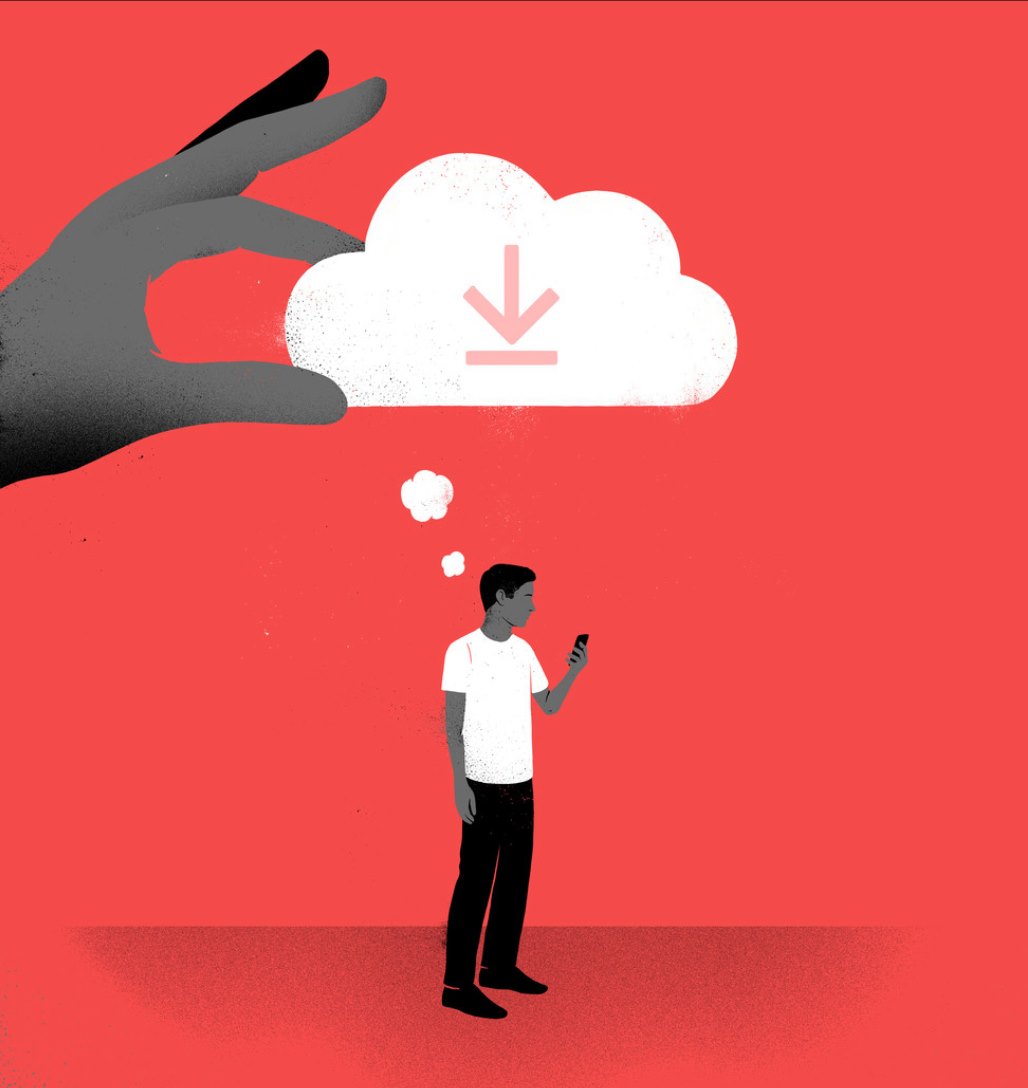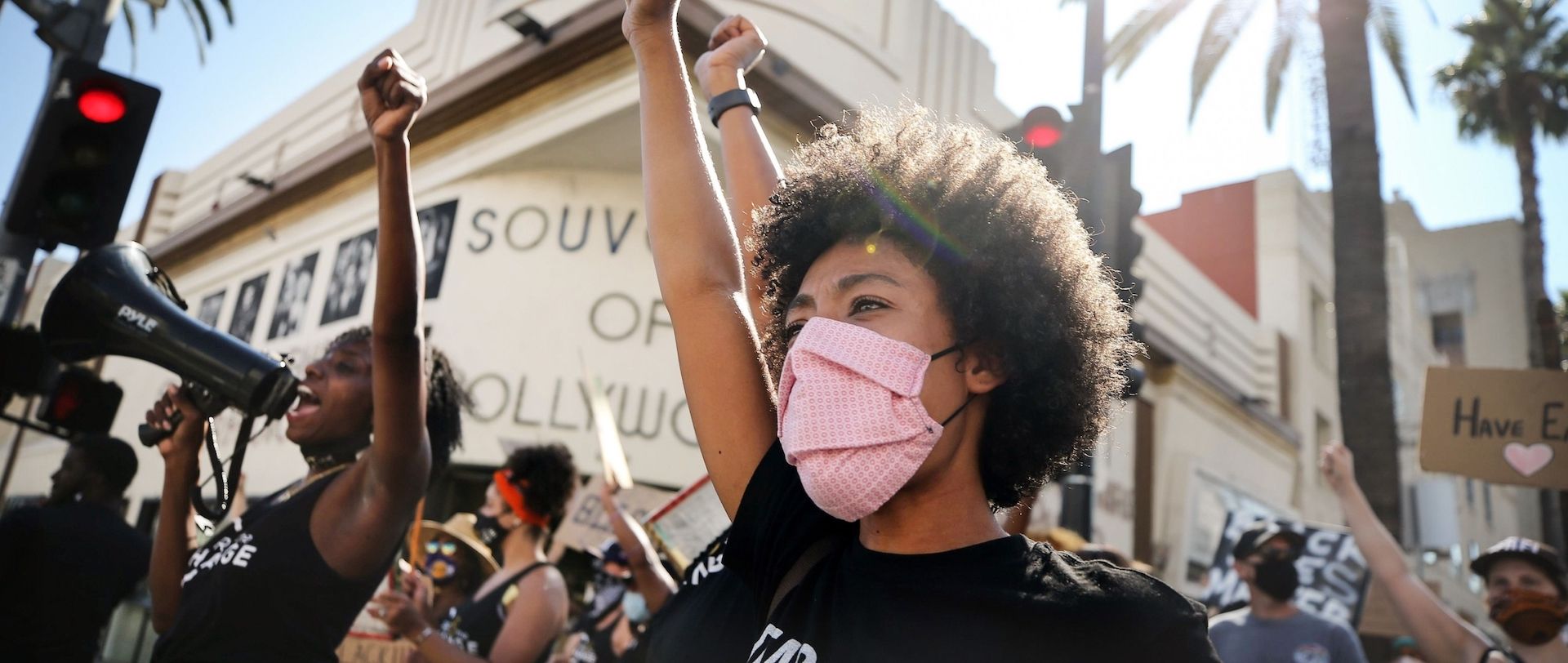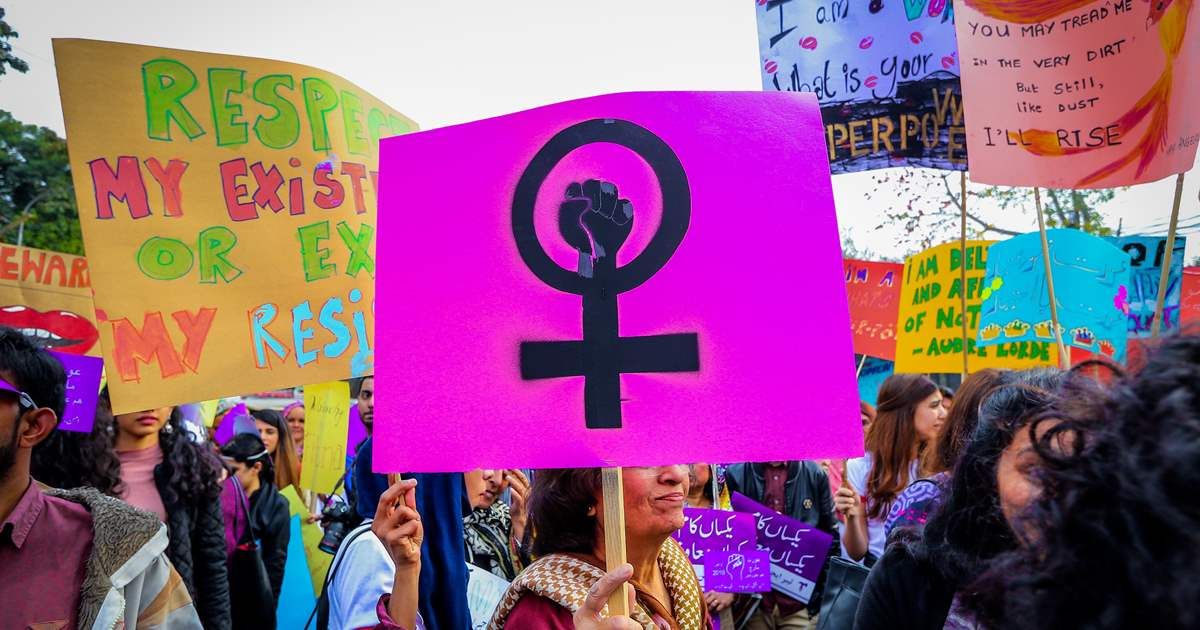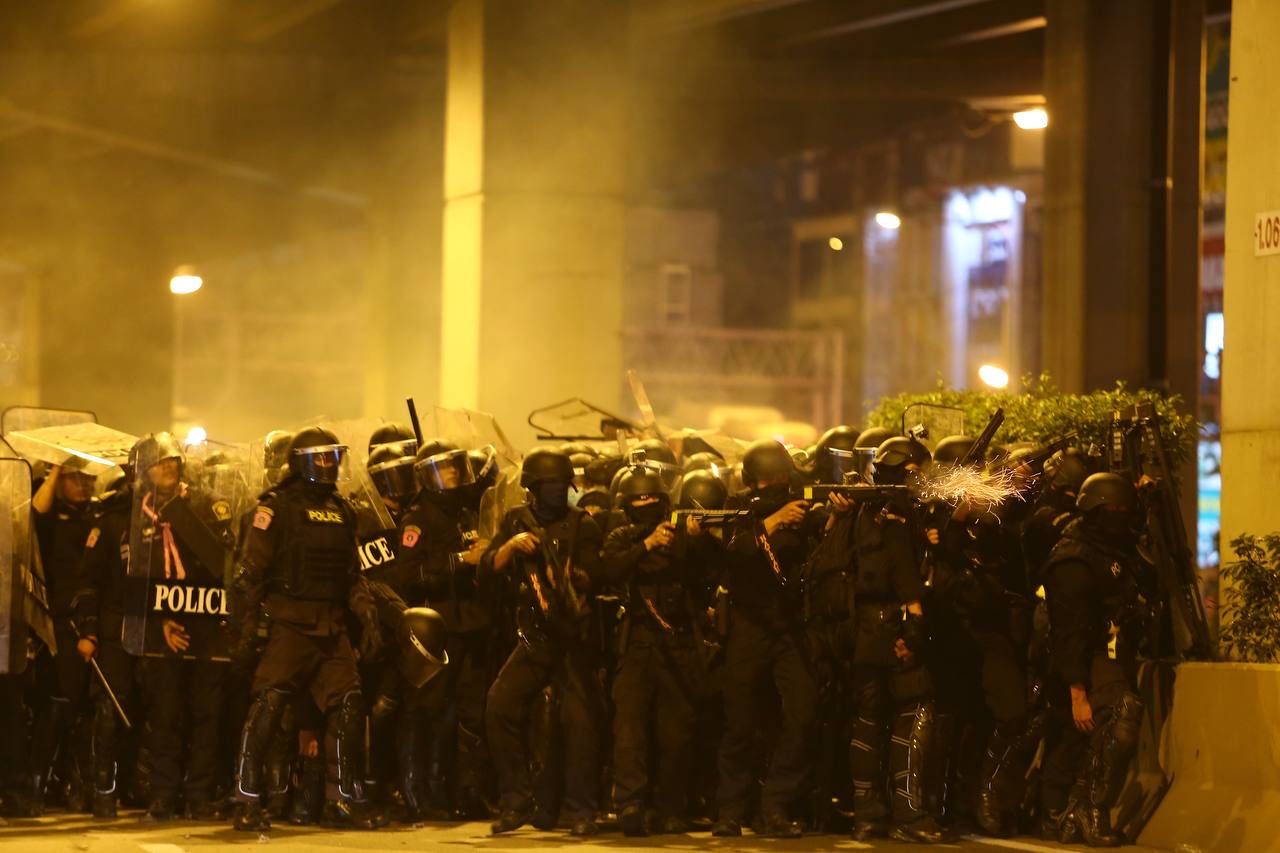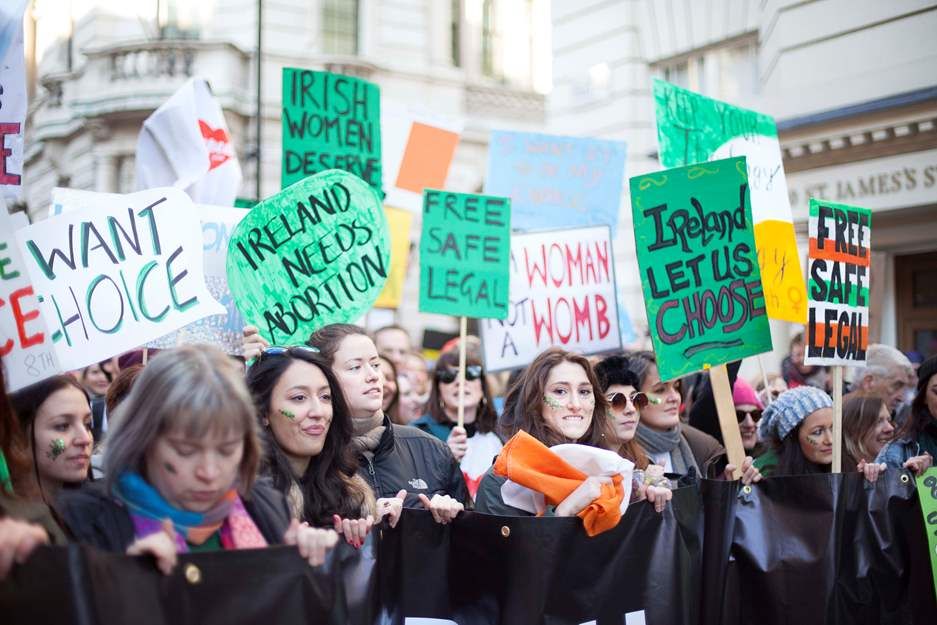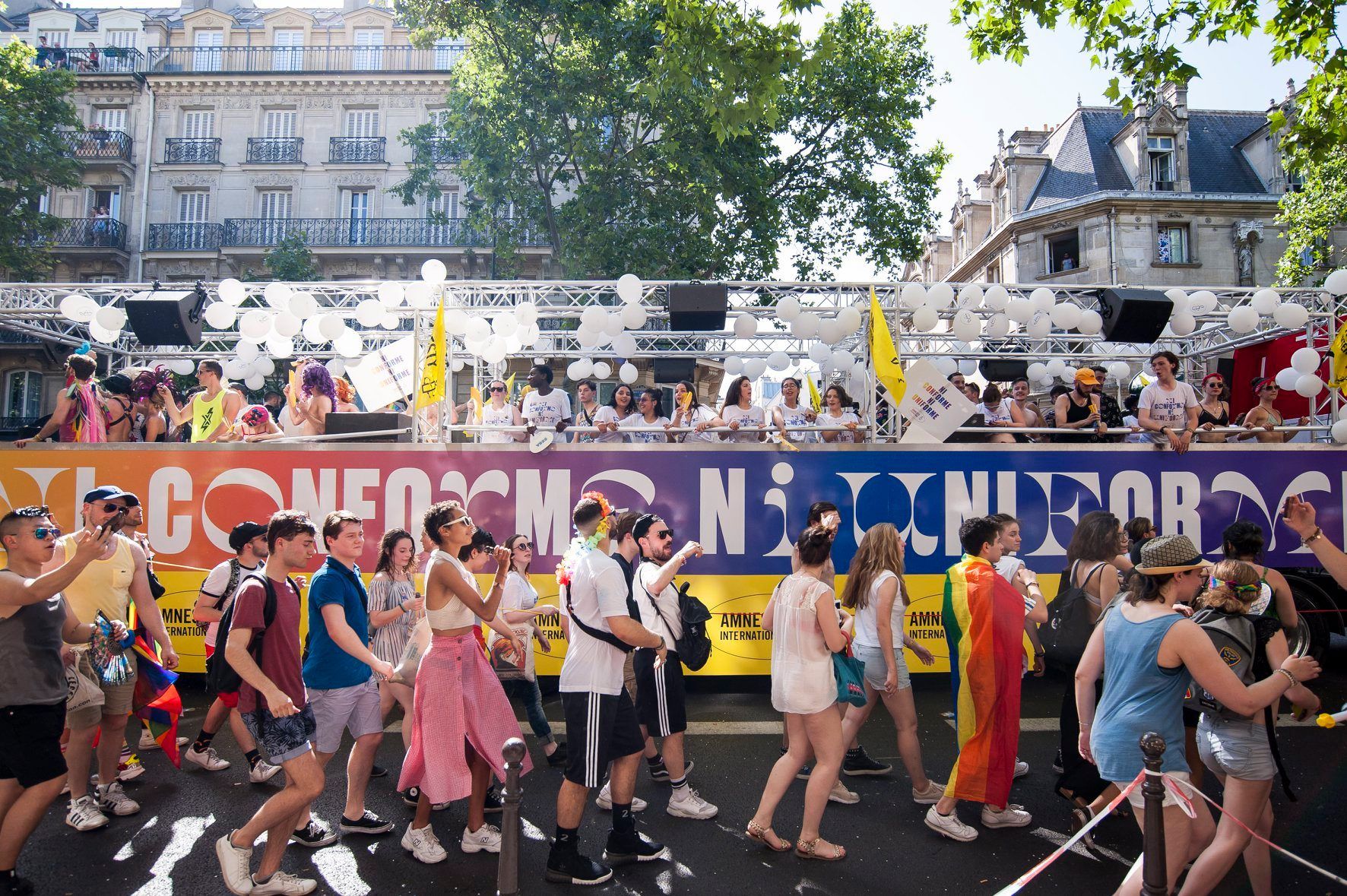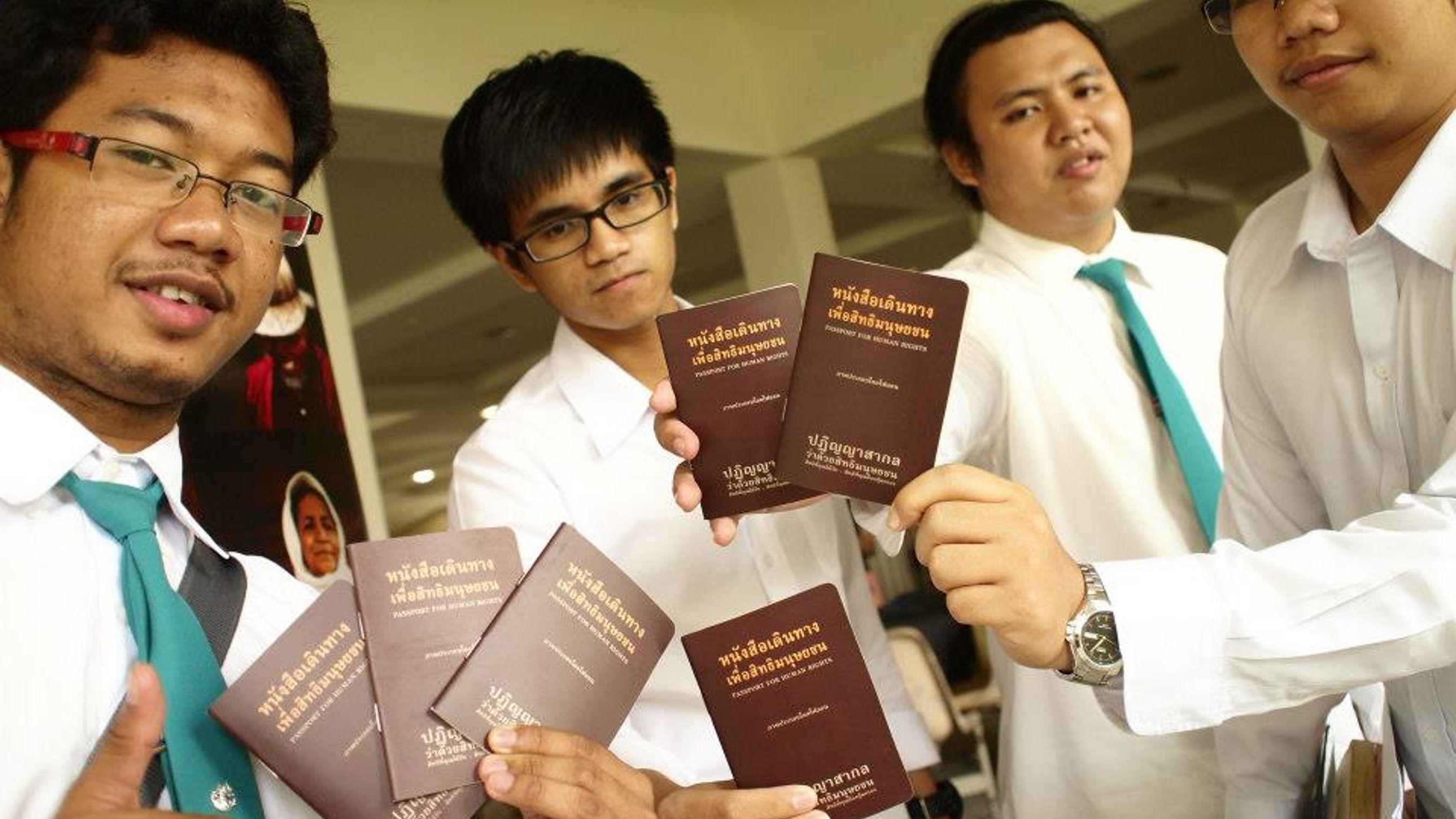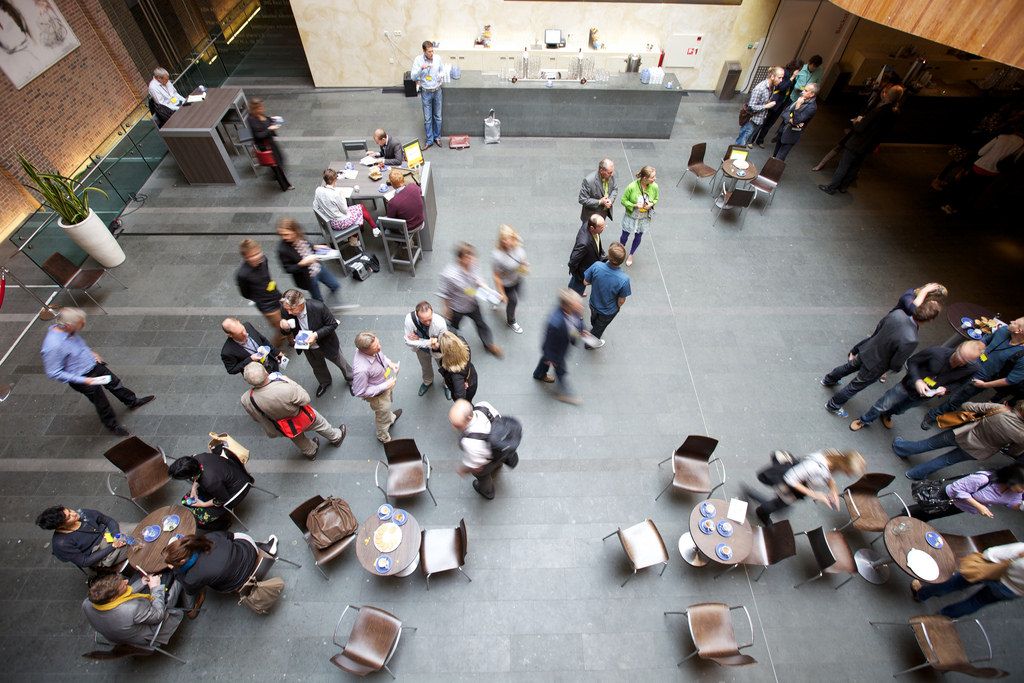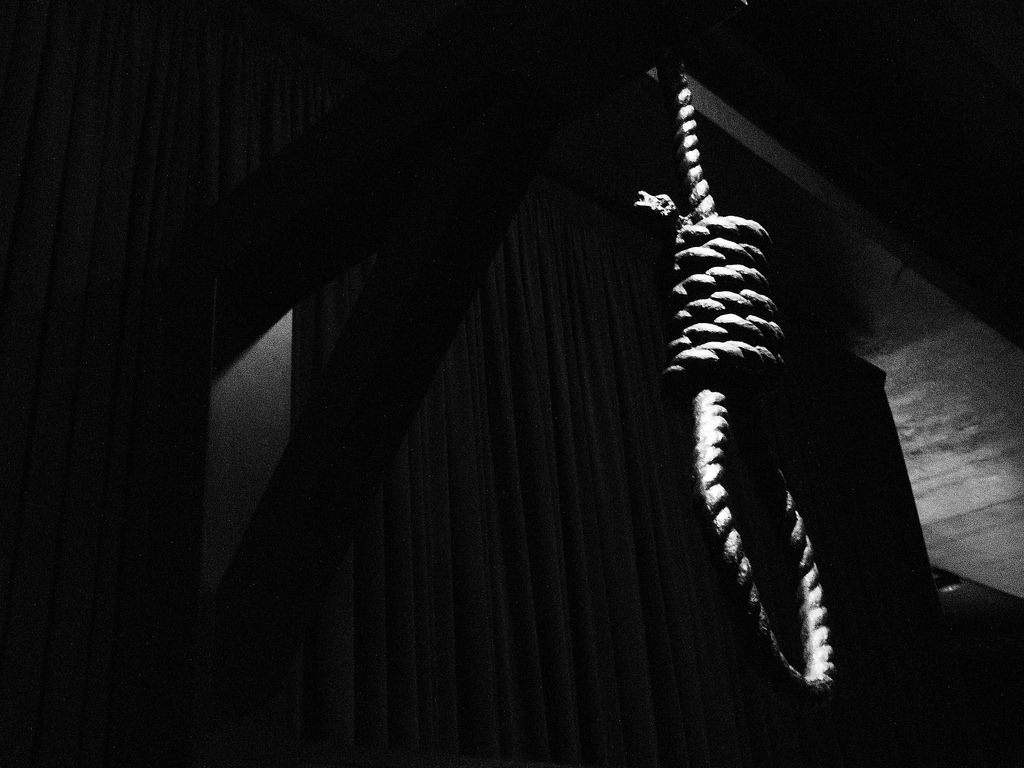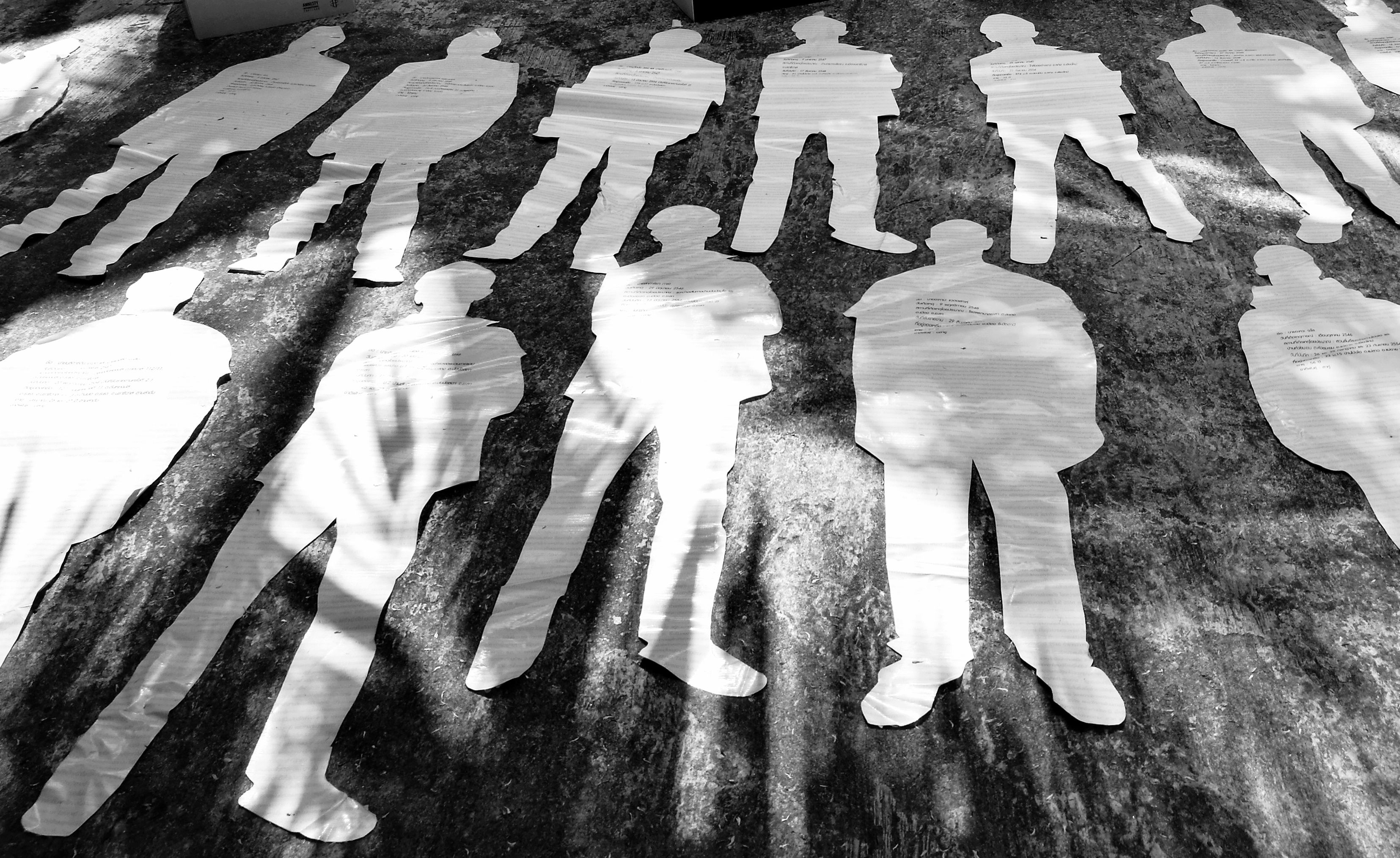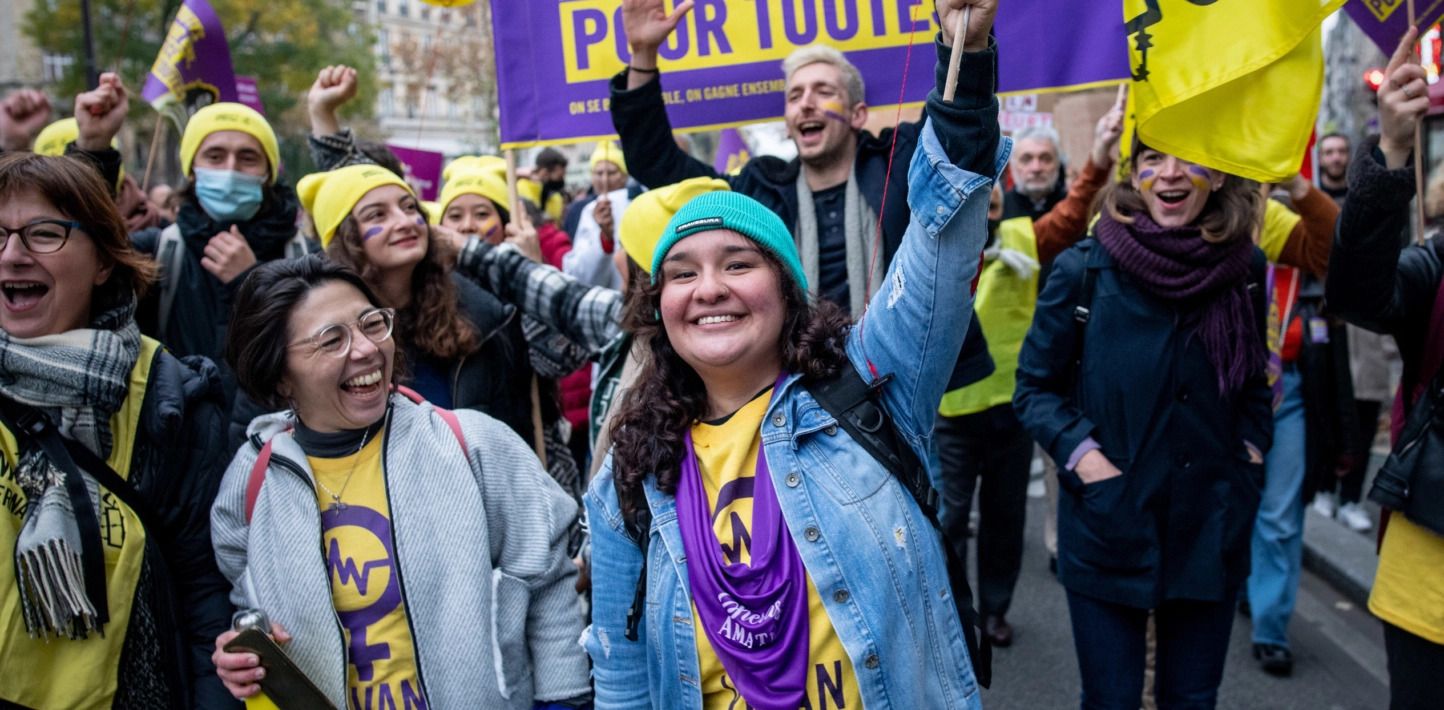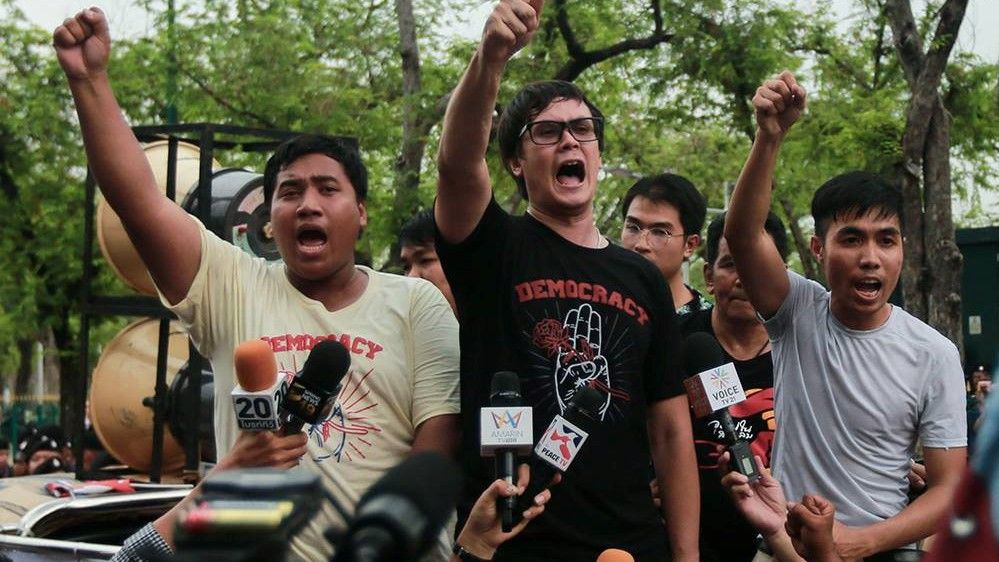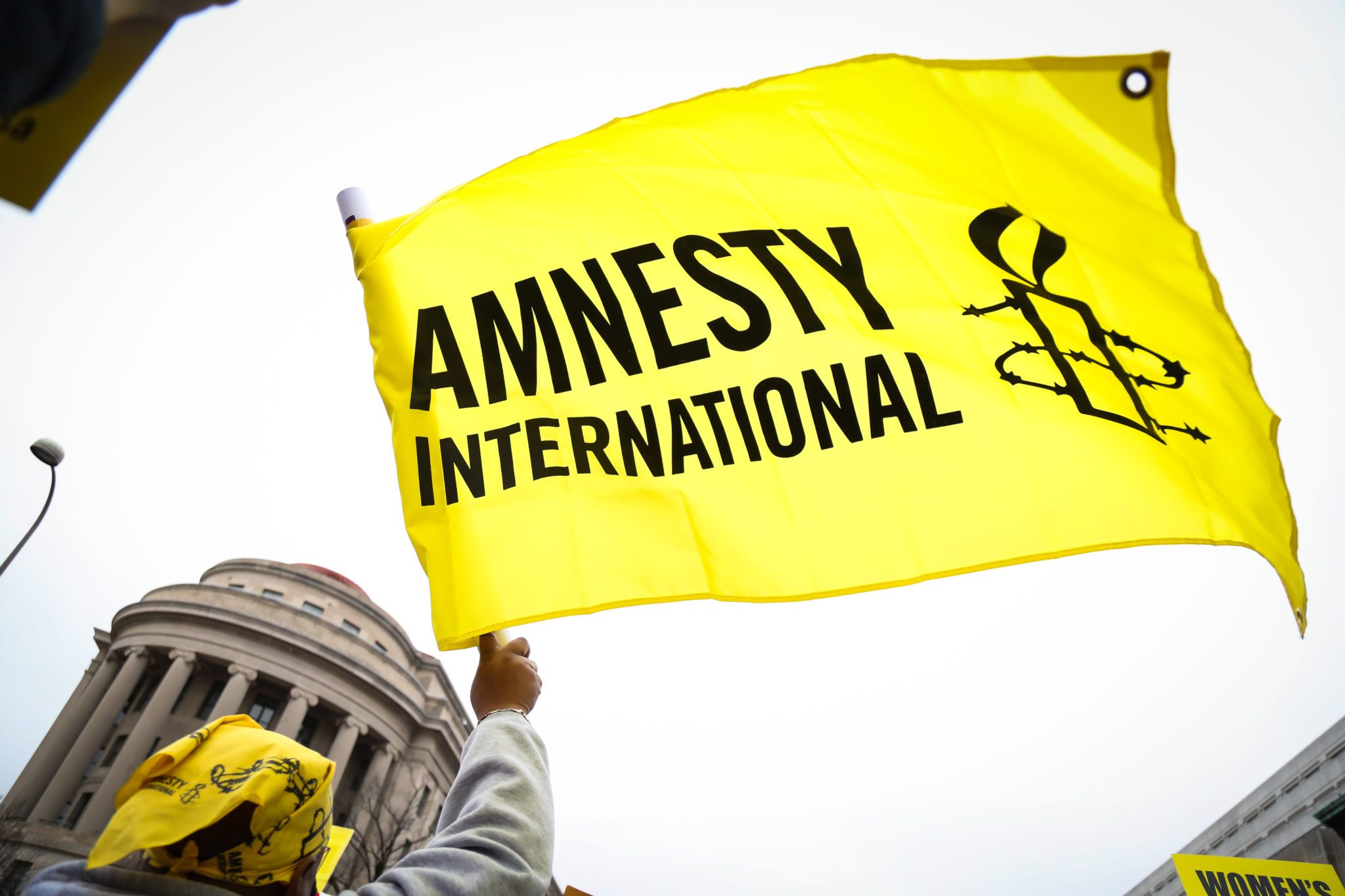Freedom of Online Expression
Overview
The 2014 military coup marked the beginning of five years of tenacious efforts by the Thai authorities to silence the voices of human rights defenders, activists, journalists and opposition politicians, including online. Many people hoped that the March 2019 elections would mark an end to this campaign of repression, which targeted online critics of the government and the monarchy, and anyone else deemed to have strayed from what the government defined as acceptable. Yet one year into the premiership of Gen Prayut Chan-O-Cha, Thailand’s elected government is showing no signs of loosening its grip on freedom of expression online. Rather than breaking with the established pattern of criminalizing content critical of the authorities, the government is continuing to prosecute people simply for peacefully exercising their right to freedom of expression online and harassing and intimidating online users.
Since the elections of March 2019, the authorities have continued to file criminal charges against individuals who find fault with their performance—whether they criticize the police, the military or the Election Commission of Thailand. People scrutinizing the activities of these government bodies and calling for justice are facing years in prison and huge fines. Moreover, there are many cases that the government has targeted well-known figures to send a message to other online users that it will brook no dissent as a strategy to create a climate of fear in order to suppress the posting and sharing of content deemed “false information”.
Following the outbreak of COVID-19, Gen Prayut Chan-O-Cha’s decision to declare a state of emergency in March 2020 marked a dramatic increase in the Thai government’s restrictions on freedom of expression and peaceful assembly. Authorities wasted no time in invoking the Emergency Decree on Public Administration in Emergency Situation (2005) – empowering public officials both to censor communications related to COVID-19 that are “false” or might instigate fear among the public. In recent years, there has been a pause in cases brought against individuals under Thailand’s strict lèse majesté law—Article 112 of the Thai Criminal Code—but that has not deterred the government from using other broadly worded laws to stifle online expression deemed injurious to the monarchy. Vague provisions in problematic laws such as the Computer Crime Act and Article 116 of the Thai Criminal Code (sedition)

Additionally, the Thai Criminal Codes describes the crime of defamation which leave the door open for the authorities’ criminalization of defamation provides another avenue for them to stifle voices of dissent brought by the government since March 2019 fit into a broader trend of the growing policing of online spaces to repress the right to freedom of expression. Attempts to shape public debate on social media through intimidation and harassment points to a disturbing new trend in the Thai government’s efforts to restrict expression online – one that looks set to accelerate as authorities work to quash criticism of their response to the COVID-19 pandemic.
The inauguration of government-run Anti-Fake News Centers in November 2019 has increased concerns that the Thai government believes itself to be the standard bearer in combatting “fake news” online. While branches of government involved in the centres are working to halt the spread of “false information” in certain priority areas – not least in response to the outbreak of COVID-19 – the targets of hate speech and false information campaigns online have seen no action by authorities to address their complaints. As yet, the government’s efforts to make the internet a safer place have not extended to dissidents.


